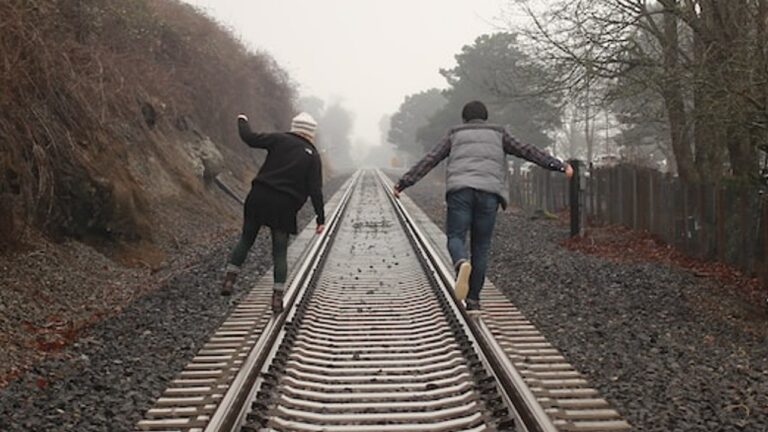According to legend, famed cellist Pablo Casals was asked, at the age of 93, why he continued to practice. He replied, “because I think I’m noticing an improvement.”
Practice is a way of thinking about my work that I find really useful, and there are several layers to it.
In part, it’s about resisting the lure of labelling what I do as either success or failure. That seems to be set me up for anxiety. And if you are paying attention to the the intricacies of how human beings operate, it’s very hard to be sure if today’s success might turn out to be part of tomorrow’s failure, and vice versa. Beyond the labels of good and bad, we get more freedom to think about what’s actually happening.
This is not, however, an invitation to say, “oh well, anything goes”. As Dan Milman repeats in The Way of the Peaceful Warrior, there is never nothing happening. A spirit of practice encourages me to reflect more on how I work, not less.
It also constantly runs through my mind when I notice myself others doing what I call “teaching”. Teaching is ok in its place, but it’s a trance that quickly becomes self-defeating. When someone describes a challenge or problem, people often respond with advice and solutions. I often sense that isn’t really what’s needed.
I often ask myself, instead of explaining things to people can I either embody it more myself, or create an activity from which they might discover their own interpretation of it, or just let them continue to reflect for themselves instead of interrupting their journey with helpful suggestions.
My friend John Wenger makes great related point. Many of life’s skills are processed in parts of our brain that aren’t about information and analysis:
Research indicates that skills based in this part of the brain are best learned through motivation, practice and feedback, rather than simple transfer of information. In other words things that involve the “F” word (feelings) require a transformational learning process. As Emotional Intelligence guru Daniel Goleman, states, “A brief seminar wont’ help, and it can’t be learned through a how-to manual.
In other words, we learn this stuff through seeing others practicing, and by practicing ourselves. Not from a how-to book or seminar.
The spirit of practice also crosses the questionable boundary between work and life. I increasingly realise that what I am doing working with groups, I need to get better at doing with myself, on my own. I’m quite adept at noticing when groups get stuck and need changes of pace, process or environment. I now get to practice doing this for myself… paying more attention to when I’ve been staring at screens for too long and need to get out on the bike or in the pool… or just do the washing up.
I am rather thinking that all of life is practice, is we choose to think of it that way.







